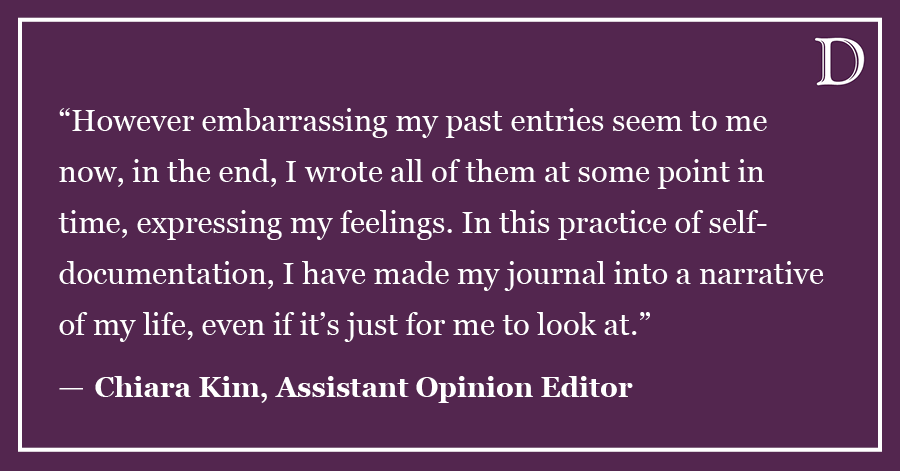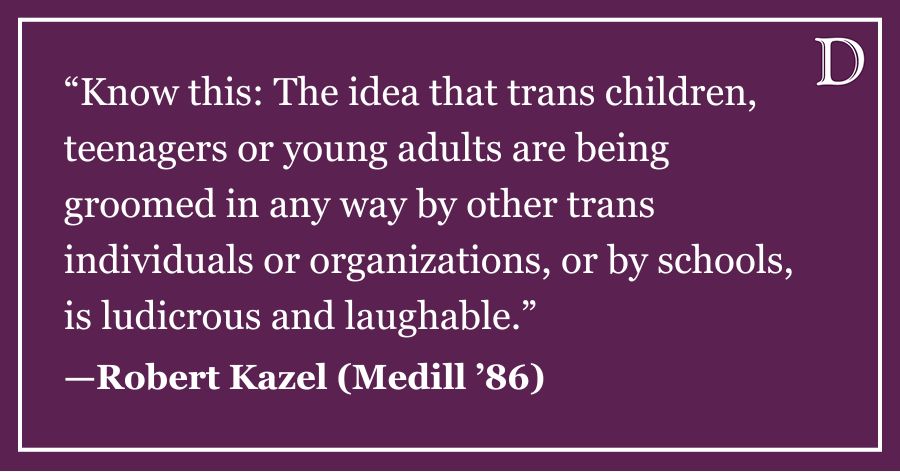
Like many good American boys, I grew up with an idolized picture of John F. Kennedy, who was shot fifty years ago last Friday, Nov. 22. That afternoon, I watched his famous 1961 inaugural address, which, for those who haven’t seen it, is the speech in which he iconically entreats his fellow Americans to “ask not what your country can do for you, ask what you can do for your country.” Other notable Kennedyisms abound, and I’d recommend my readers watch it for themselves if they haven’t before.
But I’m not going to write another column on the legacy of President Kennedy; there are enough of those circulating around. Instead, I’d like to turn your attention to a contemporary of Kennedy’s whom many have never even heard of: Robert McNamara, who’ s best known as the Secretary of Defense during the Kennedy and Johnson Administrations — and one of the architects of the Vietnam War.
After watching Kennedy’s eloquent oration on YouTube, a square little window in the “recommended videos” bar on the side caught my attention. It was for a documentary entitled “The Fog of War: Eleven Lessons from the Life of Robert S. McNamara.”
I clicked on it and was amazed. It’s an astonishingly frank interview with one of the men who shaped modern history. McNamara has his biases and refuses to answer at times, but I’d have never expected a politician, let alone a former Secretary of Defense, to speak as freely as he does.
After finishing it, my mind had a lot to chew on. McNamara’s version of history was a lot less smooth and sleek as the version popularized on TV, and even the version learned in school. Why did we survive the Cuban missile crisis? We got lucky, McNamara says. Had things gone slightly differently, you don’t need me to explain what might’ve happened, but JFK would certainly not be the hero he is today.
McNamara also mentions another highly important, yet relatively unknown, historical event from his service in World War II. Grab a random person off the street and mention “Hiroshima” or “Nagasaki” and they’ll know exactly what you’re talking about. Yet, it’s doubtful that many have heard of Operation Meetinghouse – the firebombing of Tokyo in which nearly 100,000 people were killed and much of the city was burned to the ground. However horrific both may be, Hiroshima is a chapter of our – and by “our,” I of course mean for Americans – story, but Tokyo is not, nor are most of the other cities which were subjected to similar, though less intense, bombing.
Historical hindsight is hardly 20/20. It hides atrocities and embellishes heroism, sometimes arbitrarily. We like to form narratives of the past that are easy to wrap our minds around, but reality is much messier. I’m sure that this column itself falls prey to the distortions that such stories create, but my goal is not to clarify particular historical misconceptions. I’m just a 21-year-old who likes to read too much Wikipedia. It would be out of place for me to undertake such a task.
While the ultimate truth is beyond me, I believe it is nevertheless important to think about the significance of the “stories” that often occupy more space in our minds than objective “histories.” It’s particularly relevant because such stories distort not only the distant, but the recent past as well. With Kennedy and the days of “Camelot” now on our minds, it’s a good time to ponder it.
Not too long ago, people held Barack Obama in a near-Kennedian level of esteem. He was young, cool and ready to bring change for the better. Now, his approval ratings are lackluster and Obamacare is having some real growing pains, to say the least. George W. Bush, once the hero who brought the country together after 9/11, is now caricatured as a buffoon or demonized as an arrogant imperialist for invading Iraq. Our stories change quickly, unexpectedly and drastically. We’d do well to be wary of the perspectives we already have, and hesitant of creating new ones. The real world’s a lot more complicated than that.
Julian Caracotsios is a Weinberg senior. He can be reached at [email protected]. If you want to respond publicly to this column, send a Letter to the Editor to [email protected].













